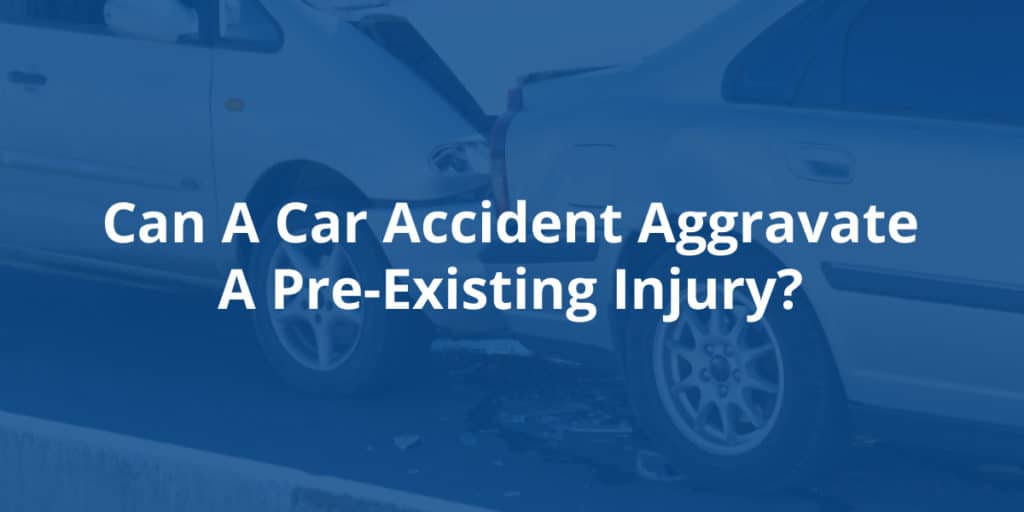









"Thank you so much for all your guidance and support during this difficult period in my life.I Will Never Forget Your Compassionate Professionalism And Unparalleled Legal Expertise." -Zachary P..
"From the 1st meeting, he invested so much time & interest. He was so helpful & reassuring. We won in court." -Ina Lerner.
"They’re the best. You will never lose with them" -Ana Thomas.
"Their services were honest with integrity. I always walked out their office with a smile." -Damilola Adeyale.
"I had a tough case in the beginning but it ended wonderfully and I grossed more than I expected. I recommend each & everyone who has an accident or any other legal matters, to please call Duboff & Assoc." -Terrence Edwards.
"The service was great and very understanding and straight forward all the way to the end." -Kevin Hines.
"I had a great experience working with Duboff & Associates through my legal case. I was involved in a car accident by a tuck tractor at no fault of mine. Mr. Duboff was such pleasant person that he guided me through the process and through by medical care." -Mohamed A..
"We are most grateful to you personally as well as your entire staff at DuBoff & Associates. Had it not been for your legal expertise, our opponents would have prevailed. The series of meetings we had–especially on Sundays to accommodate our individual schedules and our witnesses–deserve special mention." -Isaac Vodi, Riteway Driving School.
"I will not hesitate to refer them to my friends and I have done it before. Again I am very pleased for the good service they provided me. I will always come back for future incident." -Read the full testimonial.
"You have been great to work with, you are a top notch attorney in my opinion. This is my first experience and hopefully my last but I appreciate your openness, patience, and honesty in guiding me through the process. You always made me feel you were working on my behalf to get the best settlement possible." -Larry McClain.

You are always going to be entitled to your rightful compensation when you’ve aggravated a pre-existing injury in a car accident that was due to someone else’s negligence, but there are a ton of liability details and insurance schemes that are necessary to understand in order to have this type of successful personal injury claim.
Adjusters at insurance companies are almost always going to be the people who will help settle injury claims that an at-fault party caused in a car accident, and adjusters are always going to try their very best to pay you as little as possible. So within instances in which a pre-existing injury is involved, adjusters will undoubtedly argue that the injuries you sustained in the car accident were not actually caused by the at-fault party they cover.
You never need to accept these frankly outlandish arguments that adjusters make about your pre-existing injuries, which is where our team of Silver Spring, Bowie, College Park, Landover and Upper Marlboro Injury & Accident Attorneys comes into help handle your case.
You will almost always have the right to fair compensation for your injuries regardless of whether or not it’s an aggravation of a pre-existing injury, and by working with one of our experienced personal injury attorneys you’ll be taking a crucial first step towards ensuring that your legal rights are protected and your entitled compensation is fully recovered.
In this page we’ll unpack everything you need to know in terms of bolstering your pre-existing injury claim after a car accident, which includes all of the following:
The impacts induced by car accidents are many times very severe, which can cause a pre-existing injury to become much worse off. Here are some pre-existing injury examples that tend to be aggravated by car accidents:
All insurance companies simply won’t accept a personal injury claim without legitimate proof of their client’s fault, unless you’re filing a no-fault injury claim under your own policy. So you’ll pretty much always have to prove the other party was negligent in order to establish their liability, which includes proving the following:
Proving liability is always going to be something that requires producing legitimate evidence, and typically this comes in the form of the following:
You should always receive medical attention as quickly as possible after your accident, especially when you aren’t taken to the hospital immediately after your injury. You’ll need to inform your medical providers as much detail as possible about the circumstances of your injury, including a clear statement as to when your pre-existing symptoms and overall pain originated.
It’s crucial that you help establish the facts that you weren’t experiencing your current symptoms prior to the car accident, and the more you can ultimately distance your current symptoms with the medical attention of your pre-existing condition, the better. This can mean going to your doctor(s) who treated your old injuries and obtaining the records confirming the success of your previous treatment, and of course when that treatment occurred.
The Eggshell Injury Doctrine is a law that many states across the country have incorporated in order to protect individuals suffering from pre-existing conditions. This law essentially states that individuals with pre-existing injuries have the right to compensation for their injuries, even given the circumstances that their current injuries wouldn’t have been quite as bad if it weren’t for their pre-existing condition.
People with pre-existing injuries typically will have to prove that the following are true in order to receive compensation after a car accident:
Some healthy people may not be injured in the same accident scenario that an eggshell plaintiff may find themselves within, but just because someone’s pre-existing injury or overall condition leaves them more susceptible it doesn’t mean the at-fault driver isn’t liable for the overall damages their negligence induces. This is one of the reasons why the eggshell plaintiff argument is commonly utilized in low-impact accident cases in which there may be doubts that the accident directly caused the claimed injury.
No one ever chooses to be involved in a car accident, regardless of pre-existing injuries, so it’s important to know that you can always get reimbursement for all financial harms and medical expenses associated with your aggravated pre-existing injuries.
The major issue involved with pre-existing injuries is that insurance companies will almost always try to offer lower settlement amounts and find ways to withhold an accident victim’s financial compensation, but the Eggshell Doctrine helps protect people with pre-existing conditions from these types of attacks.
There’s no denying the fact that we have little control over when motor vehicle accidents occur and how serious they end up being, and this means that pre-existing injuries can overlap new injuries all the time.
This is why we always recommend that you disclose your pre-existing injuries to an insurance adjuster from the very beginning of the process, but it’s important to understand the significance of how you disclose your pre-existing injuries in terms of protecting your claim.
You should always be aware of an insurance adjuster’s tactics, which typically coincide with their training to do whatever it takes to reduce or deny your injury claim.
You’ll typically be asked to provide a recorded statement, and saying the wrong thing can sometimes sink your entire case because they are trained experts at making people admit things against their own interest. This is especially the case when it comes to pre-existing injuries, so essentially they will try to use your own words against you.
Adjusters will also always ask for medical bills and records, but they are undoubtedly going to be looking for medical information of any type that they can use against your claim. You’ll of course need to release this medical information to help reinforce your claim, but there are limitations in terms of what an insurance company can access in terms of your overall personal health.
You should always be careful when signing any forms provided by insurance companies, and by working with an experienced personal injury attorney you’ll be more protected from these types of disclosure loopholes that adjusters will try to trap you within.
If you or a loved one is involved in any type of car accident that was caused by someone else’s negligence, then you are going to need a reputable personal injury law firm to have your back in terms of getting your fair and rightful compensation from the at-fault party’s insurance company.
You’re never going to want to let an adjuster have the final word when it comes to recovering from your pre-existing injury, and when you contact us for a free consultation we’ll be able to help you begin the necessary steps towards a successful claim.
We understand that our track record speaks for itself in terms of the results we consistently provide our clients, and our representation on a contingency fee basis means that you’ll have absolutely no cost in terms of figuring out what we can do to support you or a loved one during these types of troubling situations. At DuBoff & Associates, we’re here to help injury victims who need support in terms of standing up to the big shots at major insurance companies, so feel free to reach out to us today in terms of how we can support your aggravated pre-existing injury claim.